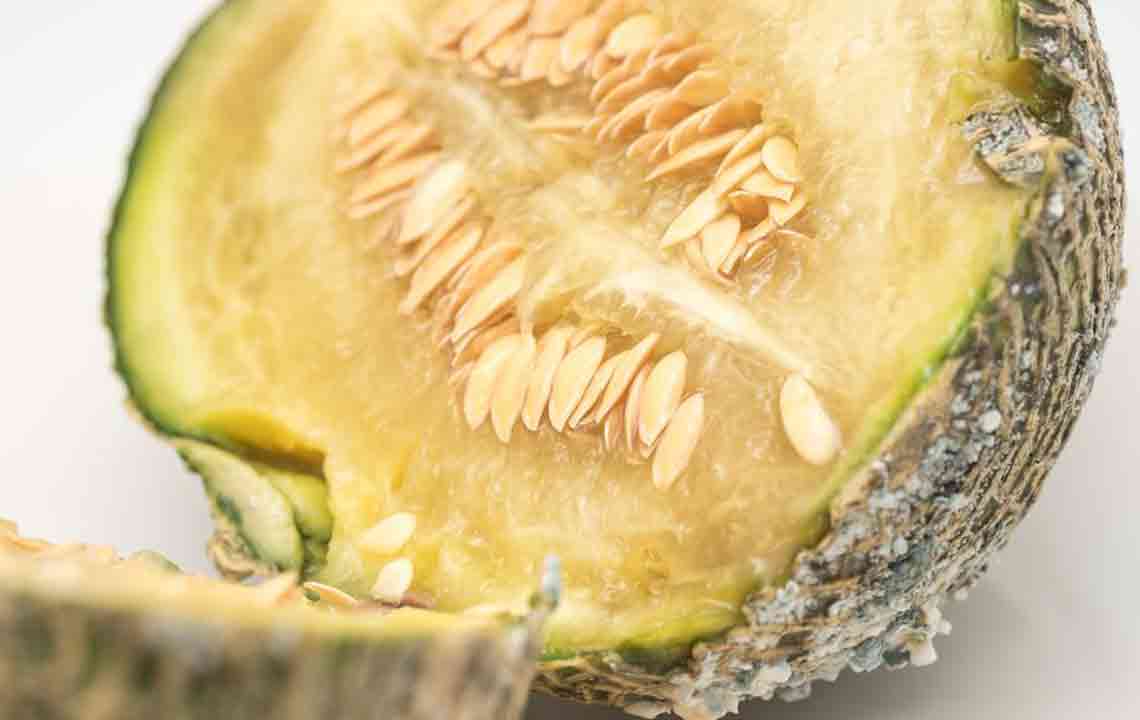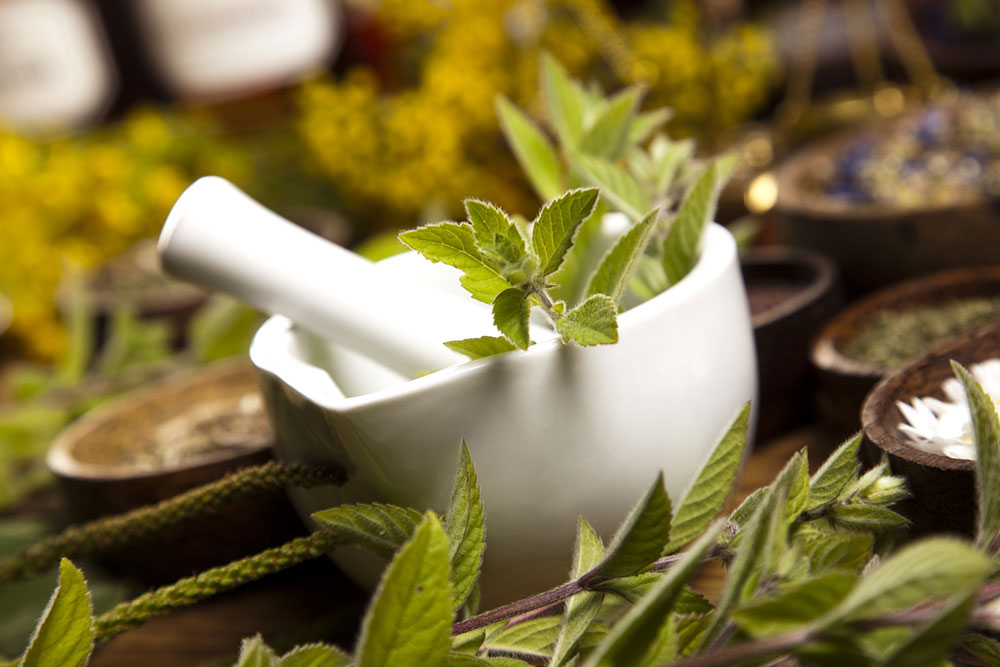Comprehensive Natural Approaches to Prevent and Manage Urinary Tract Infections
This comprehensive guide explores natural remedies and lifestyle changes to prevent and manage urinary tract infections. Emphasizing hydration, dietary choices like cranberries, probiotics, and personal hygiene, it provides practical advice for maintaining urinary health. Combining these methods with medical consultation enhances recovery and recurrence prevention. Essential for those prone to UTIs, this article offers valuable insights into holistic health strategies to combat this common condition effectively and safely.

Urinary tract infections (UTIs) are among the most common health issues affecting millions worldwide each year. These infections can significantly impact quality of life, causing discomfort, pain, and anxiety. Women are especially susceptible, with statistics indicating that roughly one in five women will experience a UTI at some point during their lifetime. Men and children can also be affected, although the prevalence is lower. Understanding the causes, prevention strategies, and natural remedies can empower individuals to better manage this common condition effectively.
UTIs occur when pathogenic bacteria, often from the gastrointestinal tract, enter the urinary system through the urethra and multiply. They can develop anywhere along this pathway, including the bladder (cystitis), urethra (urethritis), or kidneys (pyelonephritis). The most common site is the bladder, leading to symptoms like frequent urination, burning sensation during urination, cloudy urine, and lower abdominal discomfort. Although mild cases can sometimes resolve on their own or with simple home care, severe infections may necessitate antibiotics and professional medical intervention to prevent complications such as kidney damage.
Several external and internal factors contribute to the risk of developing UTIs. Poor personal hygiene, especially improper wiping techniques, can introduce bacteria into the urinary tract. Use of public restrooms and inadequate cleaning habits exacerbate this risk. Additionally, certain contraceptives like diaphragms and spermicidal agents can disrupt the vaginal flora, making infections more likely. Sexual activity increases risk by introducing bacteria into the urethra, which is why frequent urination and post-coital hygiene are often recommended.
Preventive measures and natural remedies tailored towards managing UTIs focus on boosting immunity, maintaining optimal urinary health, and reducing bacterial adhesion. Staying properly hydrated is one of the simplest yet most effective strategies. Drinking plenty of water helps flush bacteria out of the urinary system, reducing their ability to colonize and cause infection. Additionally, incorporating probiotic-rich foods or supplements supports healthy gut and vaginal flora, which acts as a natural defense barrier against pathogenic bacteria.
Vitamin C supplementation or consumption of foods high in vitamin C, such as citrus fruits, strawberries, and bell peppers, can acidify the urine environment. This acidity discourages bacterial growth and enhances the immune response. Wearing loose, breathable clothing made from cotton can prevent moisture buildup and fungal growth, which can compound urinary issues. Good personal hygiene practices, including wiping from front to back and urinating after sexual activity, are essential preventive strategies.
Cranberries have long been recognized for their beneficial effects in UTI prevention. Rich in antioxidants called proanthocyanidins, cranberries inhibit bacteria like Escherichia coli from adhering to the lining of the urinary tract. Consuming cranberry juice or supplements can therefore reduce the frequency of UTIs, especially in recurrent cases. However, it is important to choose unsweetened products to avoid exacerbating sugar intake and to consult with a healthcare provider before starting supplements.
In addition to dietary and lifestyle modifications, some women may need to reconsider their use of certain contraceptives that increase infection risk. Alternatives like non-hormonal methods or different hormonal options can be discussed with a healthcare provider. Natural remedies should always complement medical treatment when infections are severe or persistent. Antibiotics are often essential for eliminating bacteria in advanced infections, but integrating natural health strategies can minimize recurrence.
Effective management of UTIs involves a combination of hydration, dietary strategies, personal hygiene, and, when necessary, medical intervention. Natural remedies like probiotics, vitamin C, cranberry extract, and proper clothing hygiene are pivotal in supporting urinary tract health and preventing future infections. Regular medical check-ups and early symptom recognition are crucial for prompt treatment and avoiding complications. Remember, if symptoms persist or worsen, professional healthcare consultation is essential for appropriate diagnosis and treatment planning.
By adopting these comprehensive natural approaches, individuals can take control of their urinary health, reduce the frequency and severity of UTIs, and enhance overall well-being. Educating oneself about preventive measures and maintaining healthy lifestyle habits are key strategies in managing this widespread condition effectively.





